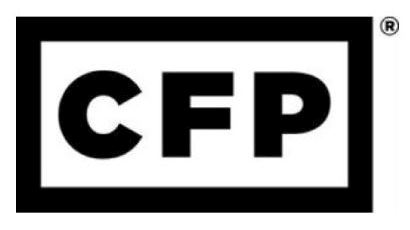Teacher pay penalty has hit a new high and in 2018 we have seen strikes in West Virginia, Oklahoma, Arizona, North Carolina, Kentucky, and Colorado. These strikes have raised national awareness for deteriorating teacher pay with teachers and parents protesting the cutbacks in education spending and compensation. The recent spending cuts are not due to a weak economy, state legislatures have enacted them to finance tax cuts for the wealthy and corporations.
There is not one state that a teacher is paid equal to or better than that of other college graduates (not including public school teachers). The problem gets worse when you add in the increased testing pressure, ballooning class sizes, and deteriorating working conditions and, many school districts are having difficulty filling teaching positions.
A paper written by Economic Policy Institute (EPI) says that wages earned by public school teachers in 1979 was 21.4% less than that of other college graduates. In 2017, we saw that teachers’ wages were now 22.9% less than that of other college graduates, and in some states this gap is increased to a 36% difference. “Wages for teachers have been falling relative to comparable workers all over the country for many years,” says Lawrence Mishel, EPI Distinguished Fellow and co-author of the paper with University of California at Berkeley Economist Sylvia Allegretto.
To continue to educate our youth, as well as recruit and retain educated, hard-working, talented teachers, we must pay them what they’re worth.
As we look at the larger picture of the public school teacher, we can see that teachers have much more to do than there are hours in a day. Public Sector Investor was started to alleviate the worries teachers have in preparing for their financial future. We work closely with teachers to develop a personalized financial plan that is unique to each professional. With everything that goes in to a teacher’s financial situation it is important to work with someone that looks at the whole picture and prepares you for a better financial outcome.








